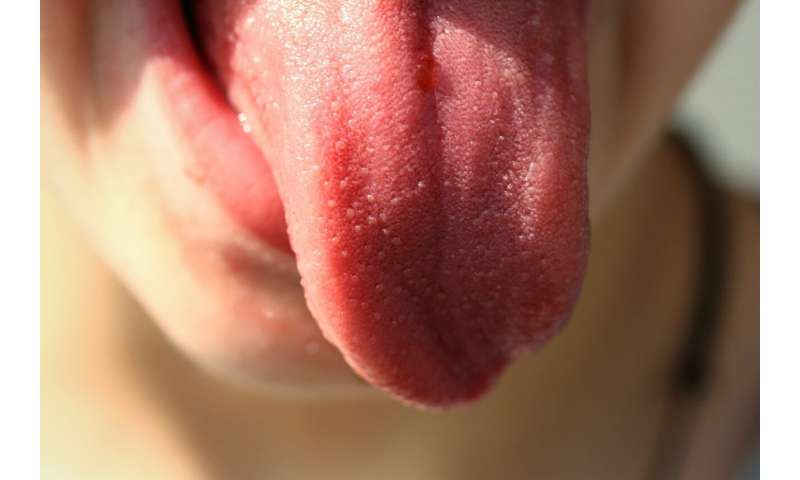
An intriguing early symptom among some COVID-19 patients is the loss of the sense of smell and/or taste, which has led to the suspicion that the virus that causes the illness, SARS-CoV-2, could be targeting taste buds. But as researchers report in ACS Pharmacology & Translational Science, initial data from mice suggest that might not be the case.
Viruses cause infection by invading specific cells in the body and reproducing, often damaging or killing those cells in the process. Research has shown that SARS-CoV-2 enters human cells through angiotensin-converting enzyme 2 (ACE2), a receptor on the surface of some cells, including those of the human tongue. Hong-Xiang Liu and colleagues wanted to find out whether ACE2 was expressed specifically in taste bud cells, as well as when this receptor first emerges on tongue cells during fetal development, by studying mice as a model organism. Although the mouse version of ACE2 isn’t susceptible to SARS-CoV-2, studying where it’s expressed in mice could help clarify what happens when people become infected and lose the sense of taste.
Source: Read Full Article
